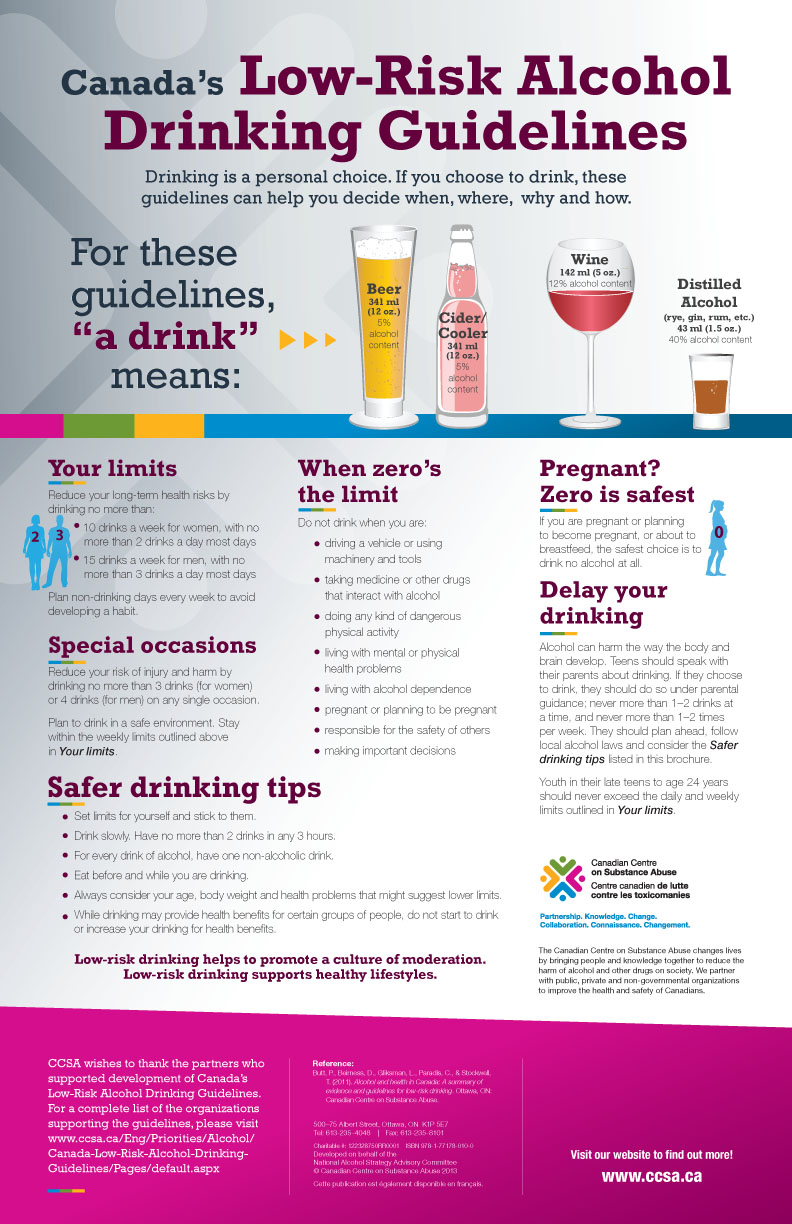With the May 2-4 weekend fast approaching, we thought we’d share some surprising facts about drinking. While you may be familiar with the feeling of a hangover or the embarrassment of drunken photos showing up on social media the next day, we wanted to highlight some of lesser known effects of alcohol that you may not have considered.

1. Alcohol causes cancer
Like tobacco and asbestos, alcohol is a class 1 carcinogen. This means that it is known to cause cancer in humans. Specifically, drinking alcohol is known to increase your risk of head and neck cancers, breast cancer, colorectal cancer, and liver cancer. The more you drink any type of alcohol, the higher your chance is of developing cancer.
2. Income and drinking are related
Surprisingly, high-income people and well-educated people are more likely to drink in a high-risk way than low-income people. This is contrary to what many people typically believe.
3. The second-hand effects of drinking are real
Violence, sexual assault, child neglect and injuries are some of the potential secondary effects of drinking. These effects are just as real and harmful as the personal health effects like cirrhosis and alcohol poisoning that someone who drinks may experience. It’s important to consider how your drinking may affect others.
4. People here drink more than average
On average more people in Wellington, Dufferin, and Guelph (WDG) drink compared to the Ontario average. More people in WDG also drink in a high risk way compared to the Ontario average.
5. Drinking is an issue among local youth
22% of grade 7 students and 66% of grade 10 students report having a drink within the last 12 months. Grade 10 students from Dufferin are more likely to binge drink (consume 5 or more drinks on one occasion) compared to grade 10 students from Wellington and Guelph.
6. Alcohol and caffeine don’t mix
People who mix alcohol and caffeinated energy drinks tend to drink more alcohol quicker, not notice the effects of alcohol intoxication, and engage in risky activities like driving. It’s best not to mix the two.
7. Think drinking is good for your health? Think again.
Despite popular belief that moderate drinking can improve your health, emerging evidence actually shows that the health risks of alcohol may greatly outweigh the benefits. Don’t start to drink or increase your drinking to protect your health.
Keep these messages in mind and get familiar with Canada’s Low Risk Alcohol Drinking Guidelines to stay safe this May 2-4 long weekend and beyond!

